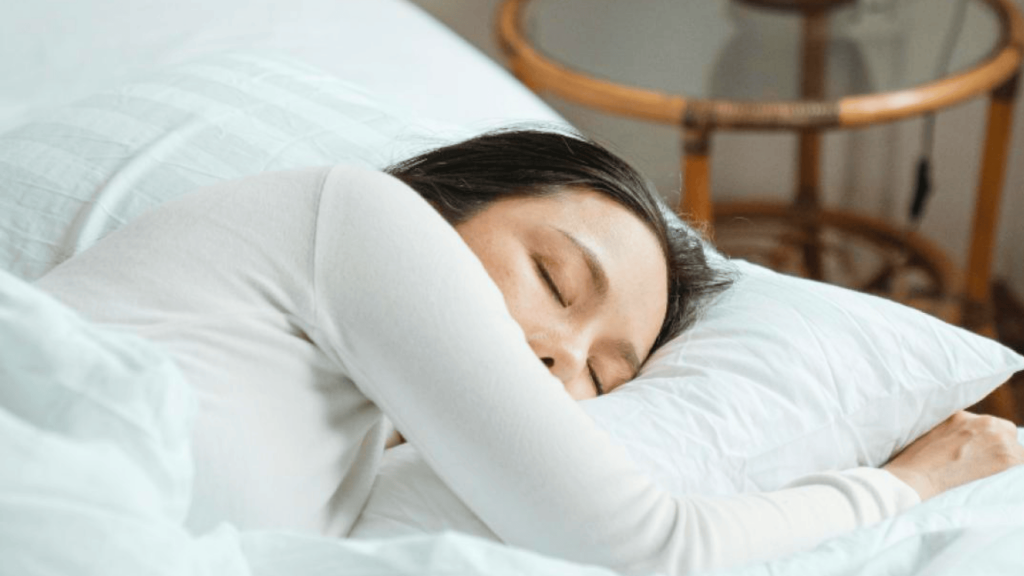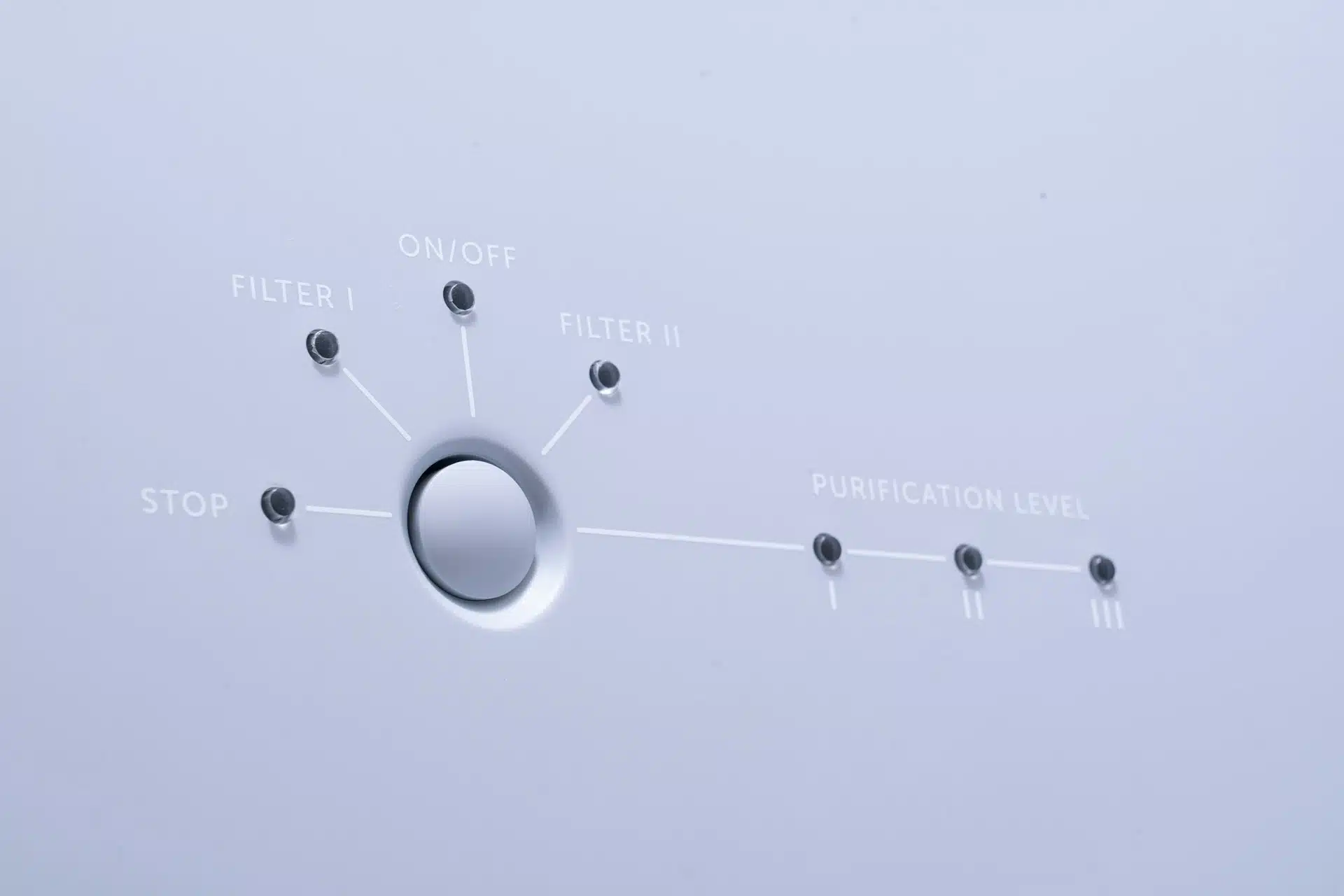You might be surprised to learn that, for many women, snoring is more than just a harmless nighttime habit. What causes snoring in women can be linked to underlying health issues, hormone changes, or even simple day-to-day routines.
I’ll explain the key factors that lead to snoring in women, cover how snoring happens, the most common triggers for everyone, and the unique reasons it can affect women differently.
You’ll also see when it’s smart to check in with a doctor, small changes you can try at home, and treatment options worth looking into.
If you are ready to figure out what’s behind it and how to tackle it, let’s start with how snoring works.
What Happens When You Snore?
Snoring happens when airflow is blocked during sleep, causing the soft tissues in your throat to vibrate and make noise.
This can occur when the muscles in your mouth, tongue, and throat relax too much, narrowing your airway. As you breathe, the air struggles to pass through, pushing against the relaxed tissues and creating that snoring sound.
The vibration can occur in various areas, such as your nose, soft palate, uvula, or tongue, particularly when you’re congested or lying on your back. The tighter the space, the louder the snore.
What Causes Snoring in Women?

Before we look at what makes women snore, it’s helpful to understand the general reasons why anyone might snore. These causes can affect both men and women.
1. Anatomical Factors
Your body’s structure can make you more likely to snore. These issues often block or narrow the airway during sleep.
- Nasal congestion: Swollen nasal passages from a cold or allergies force you to breathe through your mouth.
- Deviated septum: A bent or uneven wall inside the nose can make breathing harder.
- Enlarged tonsils or adenoids: These can crowd the airway, especially in children and some adults.
- Thick soft palate or long uvula: These soft tissues can dangle into the airway and vibrate as air passes through.
Even one of these problems can cause noisy breathing at night.
2. Lifestyle and Behavioral Triggers
Some daily habits and sleep positions can also lead to snoring. These are often easier to change.
- Sleeping on your back: This position lets the tongue fall backward, blocking the throat.
- Alcohol or sedative use before bed: These relax the throat muscles too much.
- Smoking: It irritates and inflames the airways.
- Chronic sleep deprivation: Being overly tired makes the throat muscles more relaxed during sleep.
- Poor sleep hygiene: Inconsistent sleep schedules or an uncomfortable sleep setup can worsen snoring.
Changing some of these habits may help reduce snoring.
3. Medical Conditions
Certain health problems can increase the risk of snoring. These should be taken seriously, especially if the snoring is loud or frequent.
- Obstructive Sleep Apnea (OSA): A serious condition where breathing starts and stops during sleep.
- Allergies or sinusitis: These block the nasal passages and make breathing harder.
- Obesity/weight gain: Extra fat around the neck can press on the airway.
If these medical issues are behind your snoring, it’s best to talk to a doctor.
How to Tell If Your Snoring is a Problem
Not all snoring is serious, but it’s important to know when it might signal a health issue. Mild snoring usually happens once in a while, often after a long day, a drink before bed, or sleeping on your back.
Chronic snoring, on the other hand, occurs most nights and can disturb your sleep or your partner’s.
Warning signs include gasping, choking, or pauses in breathing while asleep, as well as waking with a dry mouth, frequent headaches, or feeling overly tired during the day.
Loud, ongoing snoring paired with restless sleep, morning headaches, mood changes, or trouble focusing could point to sleep apnea, a condition that requires medical attention.
If your snoring is frequent, loud, or linked with these symptoms, getting checked by a doctor is the safest step.
Treatment and Prevention Options
Snoring can often be reduced or even stopped with the right changes, and the best approach depends on the cause.
Lifestyle adjustments are a good starting point, such as losing weight, changing your sleep position to avoid lying on your back, limiting alcohol or sedatives before bed, and caring for your nasal passages with rinses or allergy treatments.
If these aren’t enough, devices and tools may help, including CPAP machines for sleep apnea, mandibular advancement devices that reposition the jaw, or nasal strips and dilators to improve airflow.
In some cases, medical treatments are needed, such as surgery to correct anatomical issues, hormone therapy for post-menopausal women, or managing thyroid conditions like hypothyroidism.
The right solution often combines more than one of these approaches for the best results.
Why Snoring Affects Women Differently

Some causes of snoring are unique to women due to hormonal changes, anatomy, and health conditions that affect them more often. Here’s what sets female snoring apart.
- Hormonal changes: Menopause lowers estrogen and progesterone, weakening throat muscles and narrowing the airway. Pregnancy adds weight, fluid, and hormone shifts. Menstrual cycles can also affect muscle tone and airflow, making snoring more likely before a period.
- Age and muscle tone: As women age, the muscles in the throat can lose strength, especially after menopause. This makes it easier for the airway to collapse during sleep.
- Hypothyroidism: This condition is more common in women and can cause swelling in the tissues. A narrower airway from this swelling makes snoring more likely.
- Facial and neck structure: Women often have smaller jawlines or narrower throats, leaving less space for airflow. These tighter areas can vibrate more easily when muscles relax during sleep.
- Weight distribution: Excess fat stored around the neck or chin, common in women, can press on the airway. This is especially true during pregnancy or after menopause.
These factors show why snoring in women isn’t always caused by the same things as in men and why it’s important to look at the full picture.
When to See a Doctor
If your snoring doesn’t improve with lifestyle changes or home remedies, it may be time to get medical advice.
A doctor can recommend a sleep study, where your breathing, heart rate, and oxygen levels are monitored overnight to check for conditions like sleep apnea.
Depending on the results, you might be referred to a sleep specialist, an ear, nose, and throat (ENT) doctor, or an endocrinologist if a hormone or thyroid issue is suspected.
Seeking help early can prevent more serious health problems and improve your sleep quality.
Conclusion
I’ve found that understanding what causes snoring in women makes it much easier to deal with. You’ve seen how it happens, the common triggers for everyone, and the unique factors that can affect women.
Now you can watch for warning signs, try small changes at home, and know when it’s worth talking to a doctor.
Snoring isn’t always harmless, especially if it’s loud, frequent, or comes with other symptoms. Taking action now can help you sleep better, protect your health, and bring quieter nights for you and those around you.
If this helped, I think you’ll enjoy my other blogs on better sleep, healthy habits, and practical solutions you can start using right away.









